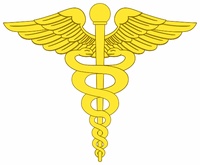
I`ve been thinking about this ever since that guy died last weekend after diving the Oriskany (see
Oriskany Death). I still don`t know any details other than what was on the news.
Popular speculation is that he suffered an embolism while coming up too fast... dunno.
So anyway, I was wondering, do you bother to clear your ears at all during an emergency ascent?